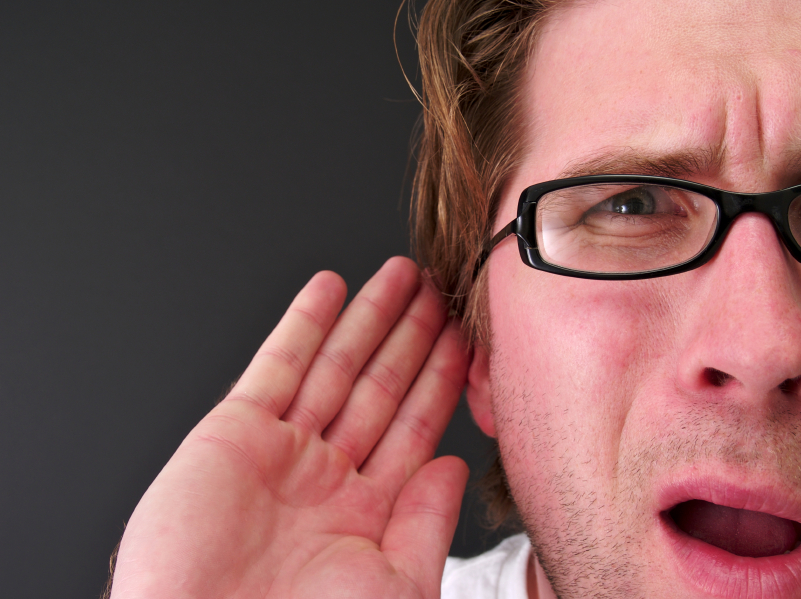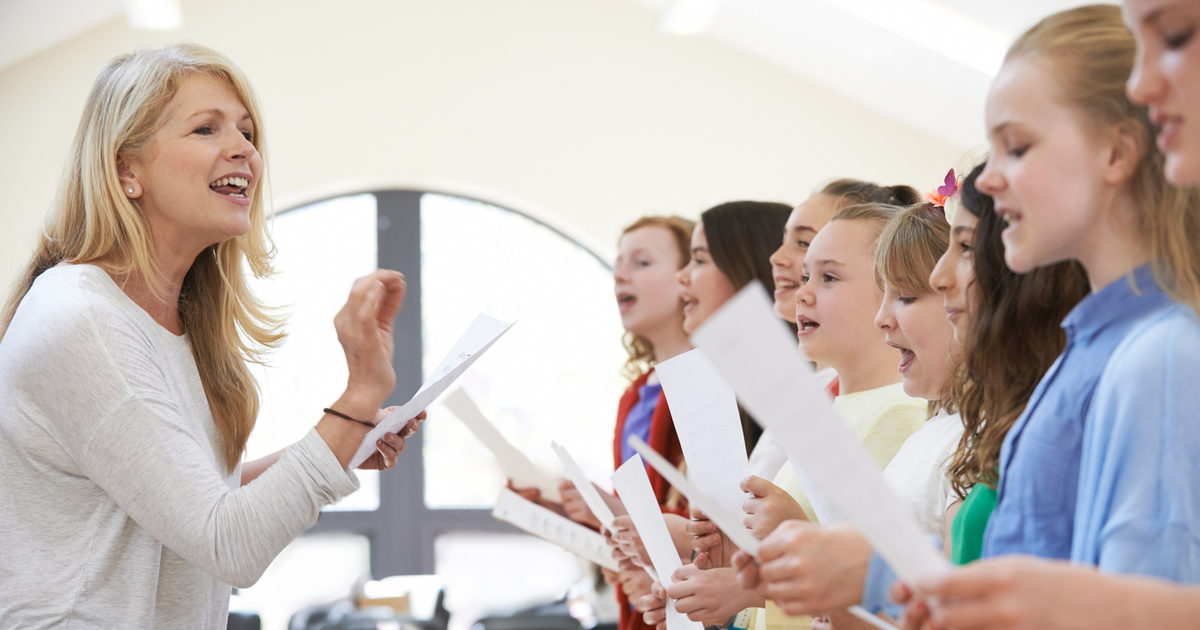
Back in the day, when theatre was born, there were no technological aids to assist the actor to project his voice throughout the entire auditorium. There were no microphones. The only equipment actors had to assist in the area of sound was their voice and the acoustics of the auditorium.
This called for stringent diction exercises to help the actors master the art of articulation.
What is Diction?

Image Source: www.brafton.com
I thought you’d never ask, but since you have, let’s define diction shall we. According to dictionary.com, diction is “the accent, inflection, intonation, and speech-sound quality manifested by an individual speaker, usually judged in terms of prevailing standards of acceptability; enunciation.”
In simple terms (sometimes dictionaries can complicate things), diction is the way you articulate your words – making them clearer and crisper. A pleasant sound in your audience’s ears.
Simple Diction Exercises to Improve Your Enunciation
Improving your articulation is a simple matter of carrying out a few diction exercises on a regular basis. The exercises may seem simple but the results are profound. Your voice is the result of a combination of air being expelled and muscles in your throat and mouth forming the shapes that define the sound that you produce. It is therefore very important to keep these muscles in top form so as keep your voice in good form.
1
Loosen Your Tongue
There are 2 main parts of the body that determine the way your voice comes out – your voice box and your tongue. Improve your tongues flexibility by constantly using it. Talk to yourself, read out loud, or sing. Anything to keep your tongue moving so that you gain more control of it.

Image Source: doctordaliah.wordpress.com
2
Give Your Mouth a Complete Workout
Apart from the tongue, your diction is affected by the other many other muscles that help produce the voice. Start by running your tongue around the walls of your mouth. That will stretch the muscles in your cheeks. You can also exercise your jaw muscles by yawning and opening your mouth wide. And for a tasty workout, chew on some gum or drink a milkshake through a straw, those will also work on another set of muscles in your mouth. Mastering these muscles will enable you to shape your mouth better and thus improve your diction by giving you the full range of your voice.

Image Source: www.personalitytutor.com
3
Watch Yourself in the Mirror
Another great diction exercise is to watch yourself in the mirror as you talk. This will help you have a clear picture of how your mouth moves when you are talking. Having this knowledge helps when you are being corrected by a coach who can see exactly how your mouths. Correcting any anomaly with the way you shape your mouth becomes easy as you know exactly how your mouth shapes up to form words.
4
Listen to Yourself
One of the best diction exercises to help you improve is to listen to yourself. What do you hear? Is it good enough? Where can you improve your diction? If you haven’t taken the time to listen to your diction yet, it’s best you do so now. You’ll be surprised at how much you can improve just by listening to yourself.

Image Source: www.lisabmarshall.com
5
Tongue Twisters
Tongue twisters are a great way to improve your articulation and enunciation. Employed as one of the most effective vocal warm-ups for actors, tongue twisters help you stretch yourself in the diction department. Not only do tongue twisters explore all the muscles used in speech, but they give you the opportunity to play around with poetic diction – the choice and strategic arrangement of words in a sentence. Try practicing with this one – Any noise annoys an oyster but a noisy noise annoys an oyster most.
6
Practice Before an Audience
Since you will be performing before an audience in your production, you might as well practice your diction exercises before a live audience that will give you feedback. Whether it’s a voice coach or a family member, their feedback is critical – after all, they are telling you what your audience can’t.

Image Source: www.vocalcoach.com
Are Vocal Warm Ups for Actors Necessary?
Are athletes supposed to warm up? Definitely. Otherwise, they may strain a muscle. Voice production and projection involve a number of muscles, and muscles always need to be warmed up before being put to full use. Besides the issue of muscles, voice warm-ups help you fine-tune your voice for the role you will be playing. So yes, vocal warm- ups are very necessary. In fact, they should be part of your daily routine.
